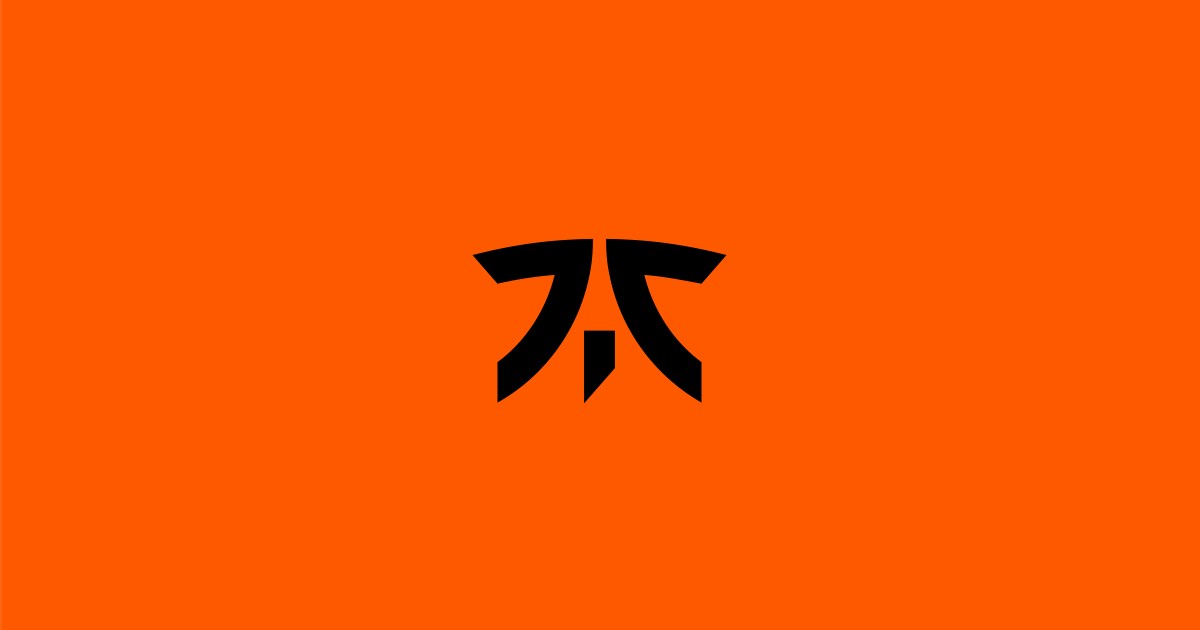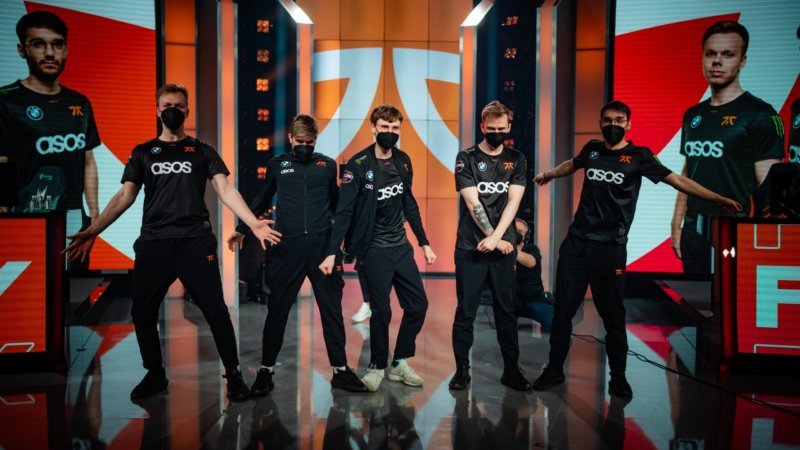- Hardware
LimeWire set to make an NFT-based comeback under new ownership
Someone spilled NFTs in my illegal music downloading software.
LimeWire was an integral part of the late 90s and early 2000s, serving as the first pick when it came to grabbing new music on the cheap. The original LimeWire bit the dust in 2010, but its namesake is getting a revival centered on NFTs.
Under the new Austrian-based ownership of brothers Paul and Julian Zehetmayr, LimeWire is making a return with an emphasis on music-based NFTs. The Zehetmayr brothers are looking to bank on the name recognition of LimeWire to bring the company into the crypto market in a big way, according to Bloomberg.
“It’s a very iconic name,” said co-CEO Julian Zehetmayr to Bloomberg. “Even if you look on Twitter today, there’s hundreds of people still being nostalgic about the name. Everybody connects it with music and we’re launching initially a very music-focused marketplace, so the brand was really the perfect fit for that with its legacy.”
The new iteration of LimeWire will feature support for several different transaction types. LimeWire’s relaunch will allow users to buy and trade nonfungible tokens in the form of songs, band merch, artwork, and more. These transactions will be carried out using cryptocurrency, but items will be listed in U.S. dollars. LimeWire will also sell a utility token that is being referred to as more of a loyalty program than a cryptocurrency, according to Paul Zehetmayr.
While rebranding a name synonymous with piracy as the new premier music-based NFT platform may sound a bit odd, the Zehetmayr brothers already have a few notable backers to go along with mainstream talent. Julian Zehetmayr claims there are 10 “really big mainstream” acts now associated with the newest iteration of LimeWire, according to Bloomberg.
Bringing back LimeWire with an emphasis on NFTs isn’t the most outlandish play of the year. Many companies in the video game industry have tried to break into the NFT market but most have failed. The only major company that truly stuck to its guns on NFTs in gaming was Ubisoft and even then, its employees were unhappy about the decision. Valve banned NFTs from Steam altogether, with co-founder and president Gabe Newell himself calling them out as sketchy. To go one further, Overcooked publisher Team17 dropped its NFT project overnight following community backlash. But maybe the music industry will succeed where gaming has struggled.















